Description
ABSTRACT
Intellectual Property Licensing in Mergers and Acquisitions
Similoluwa Oyelude* and Ibrahim Haroon**
Intellectual Property (IP) constitutes an essential part of modern-day companies. In fact, in the valuation of companies, IP take significant percentages, either as assets and/or liabilities. IP licensing allows the IP owner to assign the IP use to a third-party entity for valuable consideration. IPlicensing is generally contractual and involves far-reaching terms that may impact the lives of both the licensor and licensee as ongoing businesses. In M&A, entities merge and acquire both assets and liabilities, including IP rights. Hence, it is significant for entities and practitioners to pay attention to IP and IPRs in consummating M&A. Research reveals that, although transacting entities and their practitioners take note of IP and/or IPR during M&A, very little attention is paid to licensed IP. This article delineates the contours of IP licensing in M&A and recommends practical tips for entities and practitioners of IP and M&A, with the aid of judicial authorities and practical experiences.
Keywords: Intellectual Property, Licensing, mergers and Acquisitions
INTRODUCTION
Intellectual property (“IP”) is an intangible asset. It includes inventions, innovative products, designs, literary and artistic works, trademarks, patents, copyrights and trade secrets. All the different types of IP can be licensed.2 IP constitutes a significant part of the assets and values of businesses, especially for technology companies and start-ups.3 Different legal rights can derive from IPs; these rights may generally be contractual, statutory or moral. The businesses can own IP and IPrights (“IPRs”) of businesses through creation, assignment and/or acquisition. The IPor IPRs may also be licensed to the businesses by a duly executed license or franchise agreement and/or optioned to the businesses through an option agreement.4
A recent survey5 shows that lawyers pay very little or no regard to licensed IP and IPR while conducting their due diligence for mergers and acquisition transactions (“M&A Transactions”).
*IPPartner, G. Elias.
** Associate G. Elias.
- Oh-Ebashi, ‘Key Intellectual Property Issues in M&A .Transactions’ accessed 23 October 2022.
- For instance, Apple’s IP was valued at $128 billion and Google’s trademark portfolio has a value of $44.3 billion. accessed 1 January 2023.
- An option agreement is an agreement used to enable a third party to evaluate the technology and its market potential for a limited time before licensing. Option agreement are also used to allow a prospective licensee enjoy the IP/IPR while negotiating the license. KTI Practical Guide- Option Agreement– 21 accessed October 2022.
- This survey was carried out among some corporate commercial law firms in Nigeria. Data were collected from a handful of Corporate, M&A, and Technology lawyers and law firms in Nigeria. The data were collected by the authors of this workprimarily for this research.63 out of 100 lawyers do not pay special attention to licensed IP or IPR during M&A. From the research we found that about more than 45% of the law firms interviewed that are involved in M&A transactions do not pay sufficient
attention to licensing of IPs in M&Adeals.

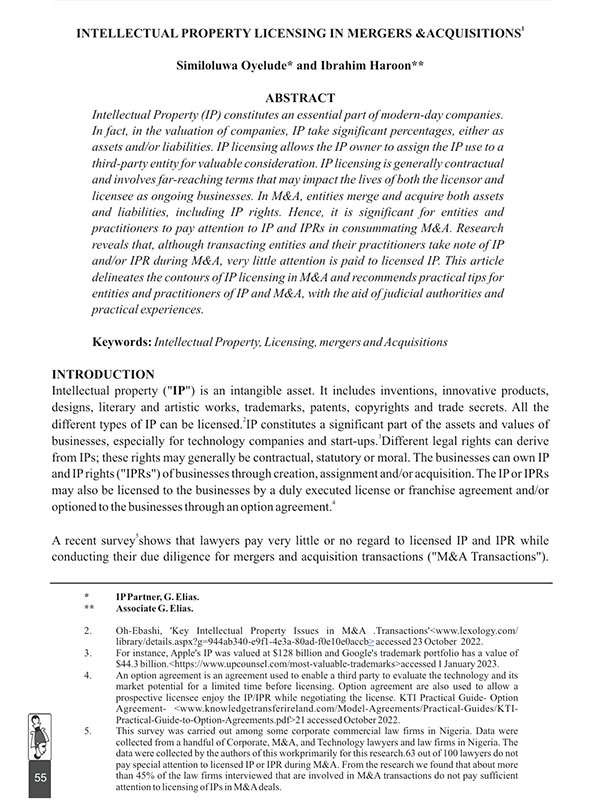
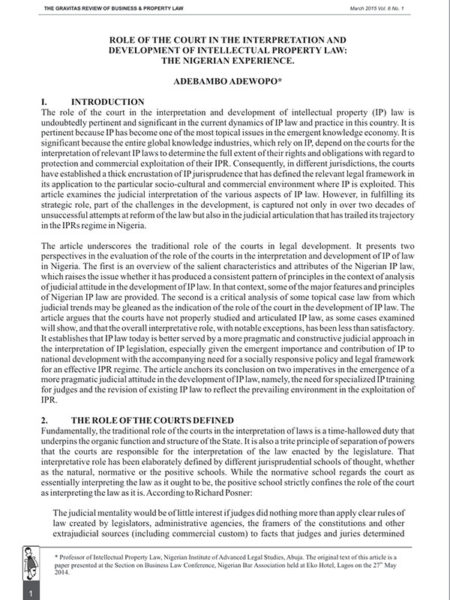
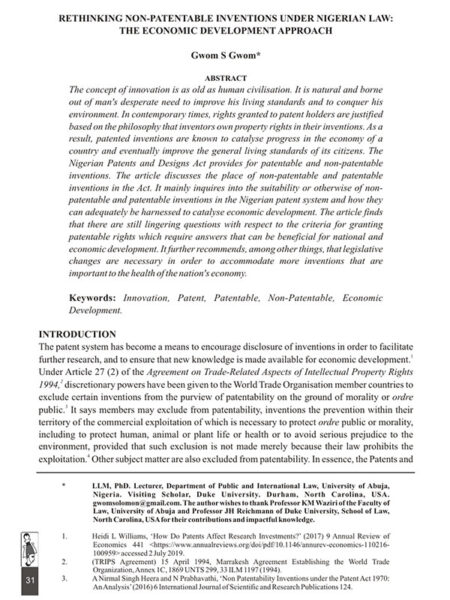
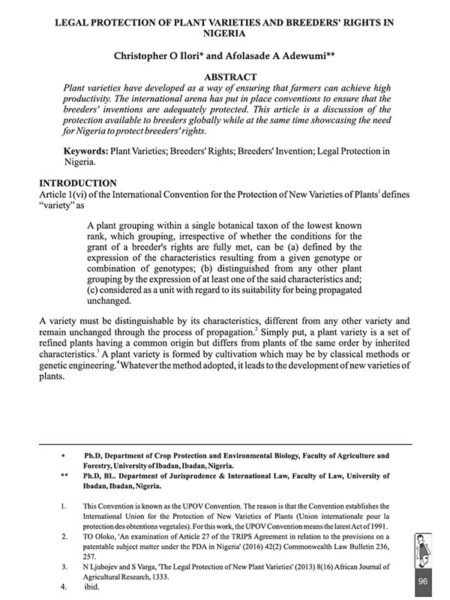
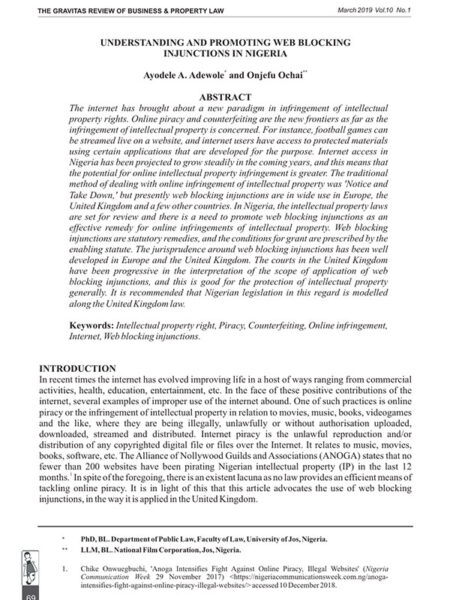


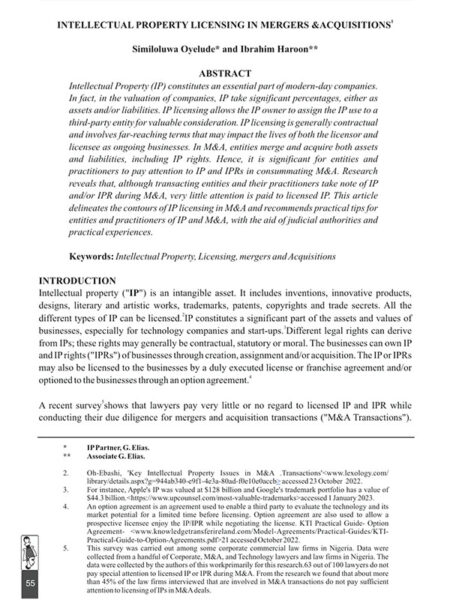
Reviews
There are no reviews yet.